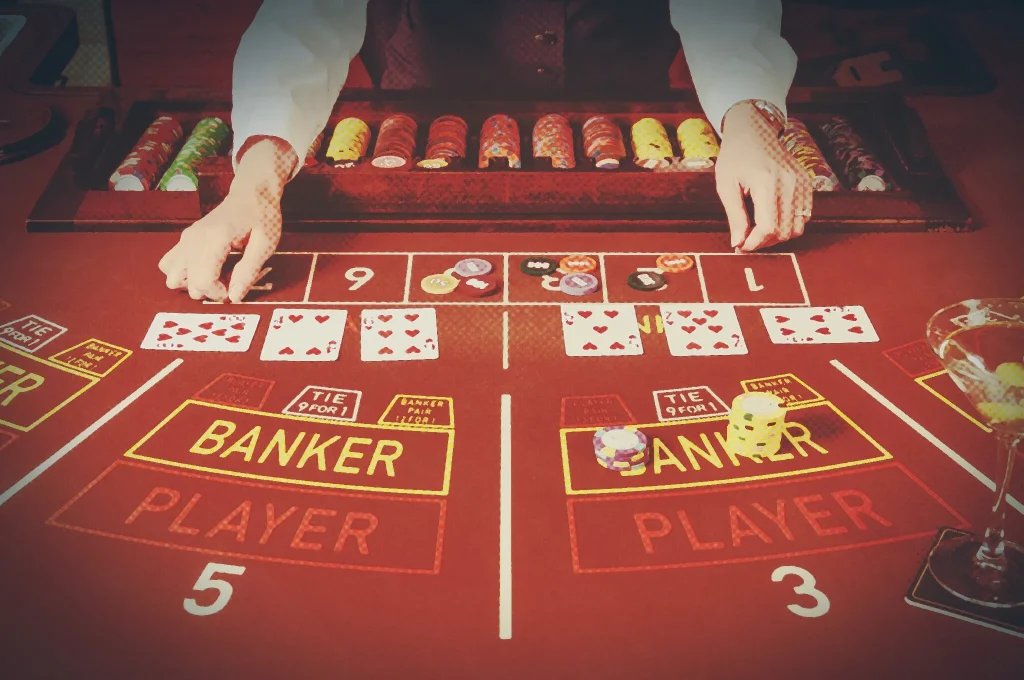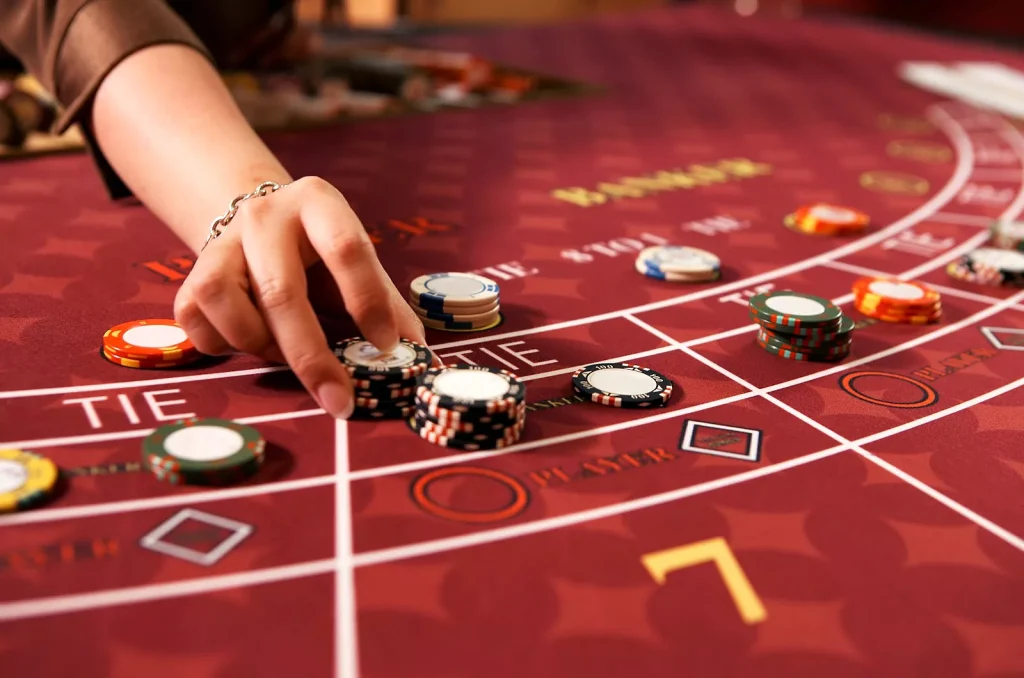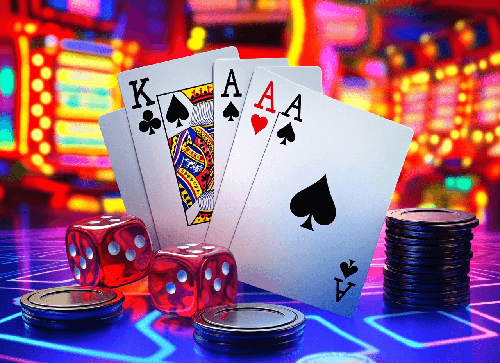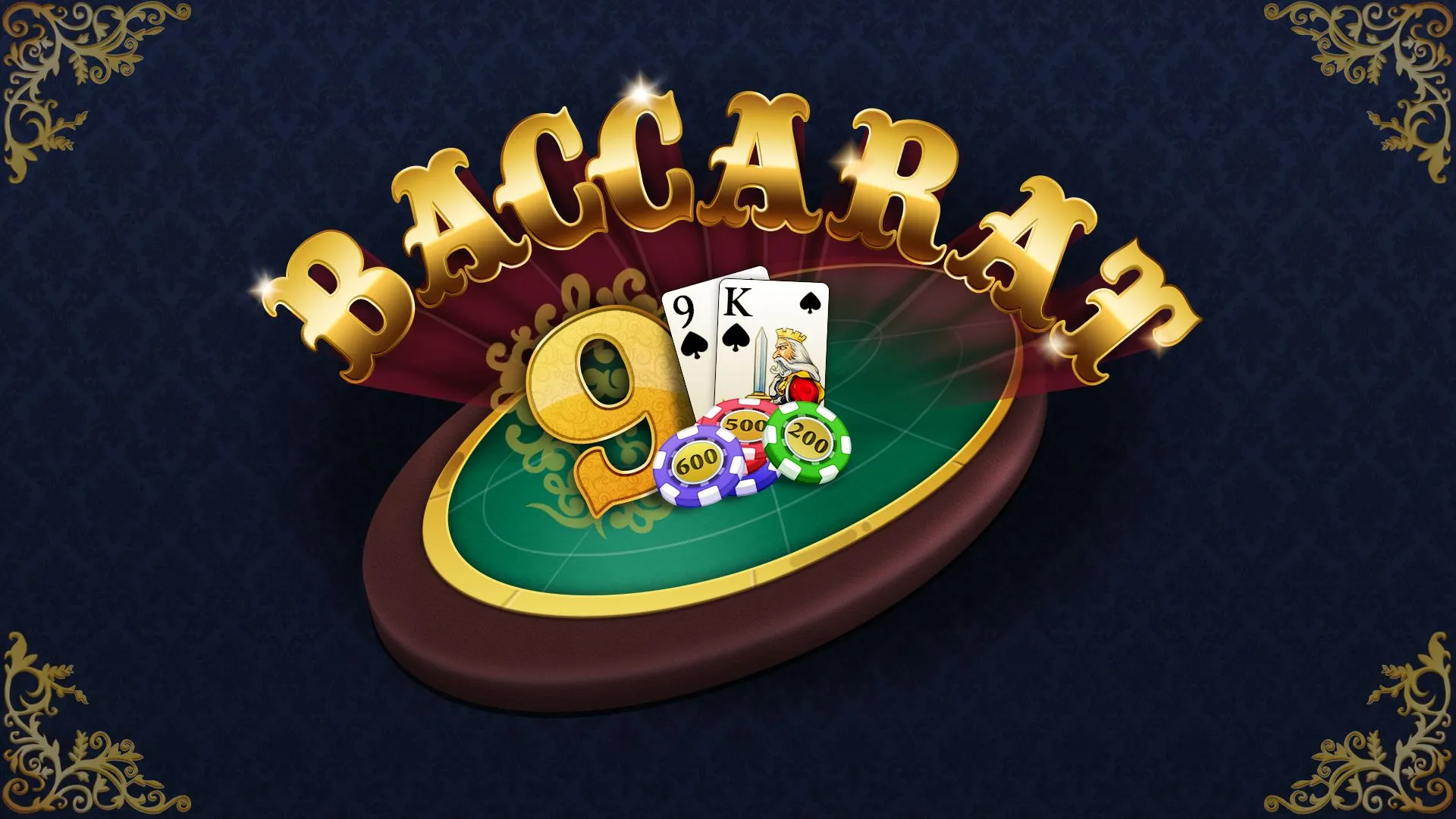Many people believe that gambling is all about luck. A professional approach completely changes the image. We have put together tips for you to win at baccarat that are not based on ‘feelings’ or ‘intuition’. They are based on systematic calculation, emotional control and precise discipline.
A player who wants to make a constant profit develops a strategy to minimize losses instead of chasing every win. This approach also offers advantages in the event of a mathematical imbalance.
Tips for game mechanics to win at baccarat: basic behavior at the beginning
Before we look at strategy, we need to understand how to play baccarat. The game proceeds as follows:
- two sides: “player” and “banker”;
- The dealer deals two cards to each side;
- The victory is awarded to the team that comes closest to 9 points;
- Ace = 1, tens and picture cards = 0, the rest have the same value.
The side with the highest total profit and a third turn can be activated according to the rules of Baccarat.
The role of commission in betting
 Understanding the basic commission is one of the fundamental strategies. When betting on the “bank”, the casino retains 5%. This is explained by the higher chance of winning on this side.
Understanding the basic commission is one of the fundamental strategies. When betting on the “bank”, the casino retains 5%. This is explained by the higher chance of winning on this side.

A player who bets without taking this characteristic into account loses money after 20 to 30 hands. Winning tips in Baccarat always include the mandatory adjustment of the bet amount to the commission.
Winning in Baccarat: tips for a correct attitude
The biggest enemy is not the dealer, but the impulse. Losing several bets in a row often leads to emotional reactions instead of logical actions.
Our tips for winning in Baccarat are:
- strict definition of loss limits;
- It breaks after three consecutive defeats;
- Automatic stop when the profit target is reached.
Psychology is a tool that allows us to maintain balance when statistics fluctuate.
Strategies: How and when to use them
Professionals do not use baccarat strategies to predict the outcome, but to systematize betting management.
Tactical models:
- Flat: A fixed-amount bet without a raise. Suitable for long distances and low risk.
- Martingale – Doubling after a loss. Requires a large budget and strict level caps.
- Fibonacci is a successive increase in bets according to a mathematical progression.
- Labouchere is a method that uses a predefined numerical sequence, allowing flexibility in risk management.
- Parioli: The bet is increased after a win, which minimizes losses in the event of a setback.
- Anti-progression is a reduction in the bet after a loss, a protection against longer negative points.
The choice depends on the budget, the goal and the desire for variation in the game.
Probability analysis: numbers versus feelings
Tips for winning at baccarat are always based on mathematics, not on emotions. Every decision is the result of analysis, not guesswork. A successful player analyzes the odds in a structured way and excludes subjective factors. The biggest mistake beginners make is overestimating rare outcomes and underestimating mathematical expectations.
A participant who bets on the “banker” benefits from a statistical advantage. The probability of winning this bet is 45.86%. Moreover, betting on the “player” means winning in 44.62% of cases. The difference of 1.24% may seem insignificant, but in more than 100 calculations it represents a direct advantage for the bank. Therefore, experts consider this step desirable, even if the 5% commission is taken into account.
Betting on a draw is a long-term mistake. Despite the high odds (usually 8:1 or 9:1), the probability is about 9.52%. These results do not take into account distance losses. Tips for winning at Baccarat exclude this option from the strategy: the risk is too high due to the mathematical imbalance. Even if he wins five out of a hundred games, the player still robs the bank, because he loses twenty to thirty times in a row.
It is important to realize that even the best baccarat strategies do not work if the chances of winning are not estimated correctly. The error occurs when the participant relies on the sequence or pattern, and not on the numbers. For example: If the player wins three times in a row, it does not mean that the fourth time the bank also wins.
Loss Control and Bank Distribution
Risk management is an important aspect of the strategy for winning at baccarat. Success does not begin with choosing your bet, but with setting your limits. The loss limit protects the bank. The optimal limit is 15 to 20% of the total cost of a session. Example: with a balance of $1,000, the daily loss limit should not exceed $150-200.

Limiting the number of bets prevents the game from becoming boring. The maximum is 20 to 30 bets per session, after which attention and analysis decrease. Tips for winning at baccarat also include a time period of 60 to 90 minutes, no more. After that, analytical concentration decreases and impulsiveness increases.
Budget management is based on dividing the bank into mini-meetings. Example: A player with a budget of $1,000. Divide the amount into 5 sessions of $200 each, each with its own limits and objectives. This will prevent you from suddenly getting exhausted and you can continue your game with a clear mind. Tips for winning at baccarat always include planning and clear lines of defense: do not allow improvisation in stressful times.
How to play in virtual format: Tips
The online format changes the player’s behavior. Lack of brakes, high speeds and immediate availability create dangerous pitfalls. Every click in an online game is a potential loss. Tips for winning at virtual baccarat are based on simple mechanisms: a preset betting limit, a fixed number of rounds and an acceptable level of risk.
Even a microsecond pulse can reset the strategy. Therefore, strict rules apply to every professional: after three consecutive defeats, rest. After two wins: analysis. This model allows you to stay focused and keep a cool head.
The system works when there is a structure
 Winning tips for baccarat only work within a certain structure. The player who masters the odds, the limits and the psyche wins. The participant who improvises loses. In baccarat, you can’t “feel” your luck: you can only use mathematics to your advantage.
Winning tips for baccarat only work within a certain structure. The player who masters the odds, the limits and the psyche wins. The participant who improvises loses. In baccarat, you can’t “feel” your luck: you can only use mathematics to your advantage.
 en
en  de
de  ar
ar  es
es  nl
nl  hi
hi  fr
fr  it
it  pt
pt  el
el 










